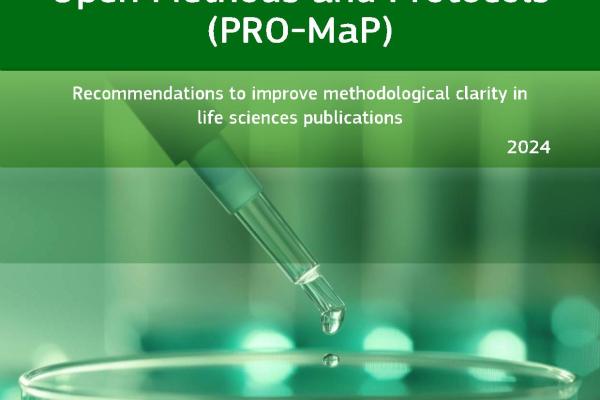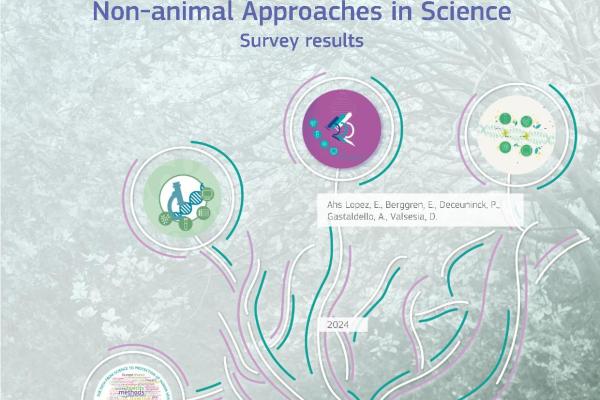EURL ECVAM is an integral part of the Joint Research Centre (JRC), the science and knowledge service of the European Commission. It is located in the JRC site in Ispra, Italy.
What we do
For over 30 years, the JRC has been working on the Three Rs – the Replacement, Reduction and Refinement of animal experiments. The mandate of EURL ECVAM is set out in the EU legislation on the protection of animals used for scientific purposes and includes a number of duties:
- Research and development, supported through collaboration with EU and international research initiatives
- Validation of alternative methods for the safety assessment of chemicals
- Dissemination of information and sharing of knowledge on the Three Rs
- Promotion of the Three Rs and non-animal approaches in science
Our activities
Find out about the validation process, validated test methods, how to submit a test method and much more.
Read our reviews on emerging non-animal models used for research in different disease areas.
Discover our education and training activities targeting secondary schools, universities and professional development.
Advancing alternative approaches through better knowledge sharing. Be part of the Three Rs knowledge community!
Making biological sense of COVID-19 using the Adverse Outcome Pathways (AOP) knowledge management framework.
We have an extensive experimental facility used for the development, validation and standardisation of in vitro methods.
News

The EURL ECVAM Scientific Advisory Committee (ESAC) released a new opinion confirming the scientific validity of the Reconstructed human Skin (RS) Comet and Micronucleus (MN) in vitro test methods for genotoxicity assessment. These tests are proposed as follow-ups to traditional in vitro methods, eliminating the need for confirmatory animal testing, a significant step in advancing alternative genotoxicity testing methods.

EURL ECVAM has developed an open access Virtual Reality (VR) teaching resource to support 3Rs (reduction, replacement and refinement) education for high school students. The tool aims to promote alternatives to animal testing in an interactive manner.

EURL ECVAM is offering open access to its advanced High Throughput Testing (HTT) facility through the JRC Open Lab initiative. Ideal for users looking to automate in vitro methods, assess transferability and performance, and generate extensive datasets on custom compound libraries to improve non-animal toxicological testing for chemical safety assessment.

Standardisation of Organ-on-chip technology is an important step towards accessible personalised medicine and animal-free testing. Learn how the JRC is helping to make this happen.
Events
The JRC is excited to announce the fifth edition of its Summer School on Non-Animal Approaches in Science: Changing the Paradigm!
Open calls
EURL ECVAM is offering open access to its cutting-edge High Throughput Testing (HTT) facility via the JRC Open Lab initiative. The call is open until 31 March 2025.
On the 25th of October 2022, the JRC launched a continuously open call for applications for the selection of members of the sub-groups operating under the ESAC.
Featured

The Commission is establishing a dynamic catalogue of 'transitional initiatives' - planned courses of action including one or more activities, outputs and importantly expected outcomes that contribute to the phasing out of animal testing in the regulatory assessment of chemicals. We welcome notification of any initiative that contributes directly or indirectly to this goal.
The case of the CAR mode of action in carcinogenicity assessment and its implications in increasing reliance on non-animal approaches use in regulation.

The JRC-led initiative called PRO-MaP aims to improve methodological reporting and transparency in scientific publications to capitalise on innovation and improve health outcomes for all.

JRC publication: Learning from the students - The impact of the JRC Summer School Non-animal Approaches in Science - Survey results
The 2023 EURL ECVAM Status Report outlines research and development activities, along with initiatives that foster the implementation and utilisation of non-animal methods and approaches in scientific research and regulation.


